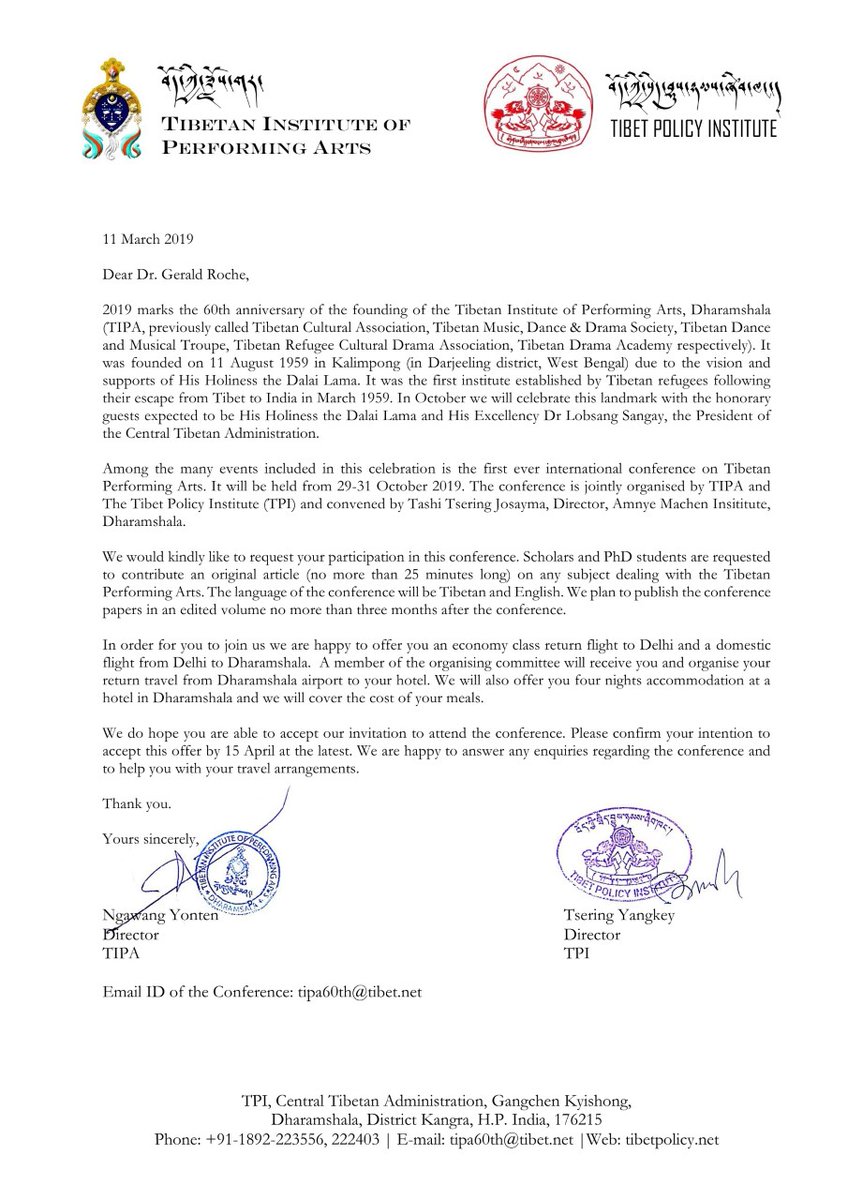
First lecture. January 7, 1976. It doesn’t begin well. Foucault starts his 1976 lectures by complaining. He gets paid to do RESEARCH, but he’s spending all his time preparing these lectures, which have turned into a ‘circus’.
He is not enjoying the lectures: “…torture is putting it too strongly, boredom is putting it too mildly, so I suppose it [is] somewhere between the two.” So he has decided to move the lectures early in the day this year, in the hope that nobody will turn up.
Moving on, MF tells us that this year’s lectures will bring to a close a series of research projects he has been working on for the past four or five years. “We are making no progress, and it’s all leading nowhere. It’s all repetitive and it doesn’t add up.”
But despite the “feverish laziness” & “busy inertia” of this period of research, MF feels his work in the last few years has been in keeping with the spirit of the times. He notes two characteristics that defined the last “ten or fifteen years, twenty at the most.”
1) The mood of radical critique of the 60s and early 70s. “A sort of general feeling that the ground was crumbling beneath our feet” and a persistent attack on “totalitarian… all-encompassing and global theories.”
2) The insurrection of subjugated knowledges. This refers to knowledge that has been ‘buried’ or ‘disqualified’. Attention to these subjugated knowledges reminds us, says MF, that knowledge production is a form of struggle, of combat.
Combining these ideas of critique & subjugated knowledge brings MF to the concept of genealogy. Genealogy is a technique that helps unearth subjugated knowledges and use them in contemporary critiques of global theories. Genealogy produces ‘antisciences’.
MF here is not opposing science. He is challenging the power that comes with claiming that certain knowledge is scientific. He gives the example of Marxism & psychoanalysis, asking, “What types of knowledge are you trying to disqualify when you say that you are a science?”
He ties the concept of genealogy back to his method of archaeology. Archaeology is the method to uncover subjugated knowledges. Genealogy is the tactic of deploying those subjugated knowledges within contemporary critique.
Next, MF claims that the stakes are high in thinking through these issues. By participating in struggles over knowledge production, the genealogical method ultimately aims at answering the question: “What is power?”
He then moves on to critique prevailing theories of power, which he characterizes as ‘economism’. These theories essentially treat power as a commodity: something that circulates, that can be scarce or common, centralized or dispersed.
MF aims to challenge these understandings of power with a “non-economic analysis of power.” This would depict power as “something that is exercised and that … exists only in action.” He sees this sort of power as having two features:
1) Repression. “Power is essentially that which represses. Power is that which represses nature, instincts, a class, or individuals.”
2) Power is “conflict, confrontation, war.” Here, MF expands his point by inverting Clausewitz’s definition of war (war is the continuation of politics by other means), claiming that politics, and indeed society itself, is the continuation of war by other means.
MF then claims that he is going to devote the next few lectures to the topic of repression before moving on to look at war. But—spoiler alert—this isn’t what happens.
[fn10, p21, “This promise was not kept.”]
[fn10, p21, “This promise was not kept.”]
Although he doesn't come back to repression in these lectures, MF deals with it elsewhere—in his History of Sexuality Volume 1. The rest of the lectures in Society Must be Defended really focus on the idea of war.
When MF talks about war, he does not mean (only) military conflict. He is referring to the ongoing struggles that are embedded in everyday social relations: the “silent war” that continues within “civil peace.”
MF ends the lecture by saying that “in the years to come” he plans to think more about war, power, and racism. This is in fact the topic of this course.
His final words give a good sense of how the lectures will finish: “I will try to trace this down to the moment when race struggle & class struggle became… the 2 great schemas that were used to identify the phenomenon of war & the relationship of force within political society.”
And that's the end of my summary of the first lecture of Michel Foucault's Society Must be Defended, from January 7th, 1976. Next week I'll be giving a summary of the second lecture. See you then!
• • •
Missing some Tweet in this thread? You can try to
force a refresh



